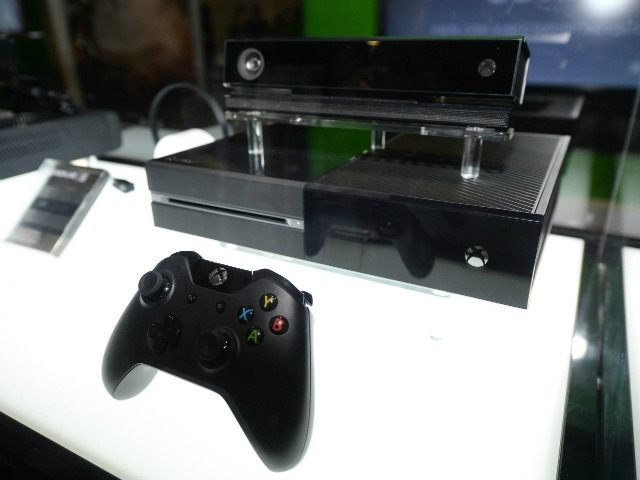The device that began as an Xbox 360 curiosity is concluding the final chapter in the seven-year run of intelligent camera advancement for which it is largely responsible.
In an exclusive conversation with Co.Design’s Mark Wilson, Kinect creator Alex Kipman reflected on the unique device’s influence on the consumer technology sector. Seven years after its debut at E3 2010, our most talked-about new technologies represent the evolution of its fundamental ideas. Apple’s Siri, Google’s Alexa, and the Amazon Echo all branch from a device that learned about us, our homes, and our movements to provide a laundry list of features that are fast becoming industry standard, if not the hoped-for revolution in active gaming.
At the CMU Studio for Creative Inquiry, Golan Levin expressed dismay that the Kinect, a core part of so much art and research, has met its demise:
You know, we’re all at the whim of capital. And there’s no expectation that Microsoft should do something that doesn’t support their bottom line. But this is one of those times I’m sad to hear that a tool which is used for so many different applications, and is so ubiquitous, and has served crucially as a platform for so much creative experimentation, cultural progress, and secondary innovation, in so many different fields, isn’t supporting their core business. Someone has made the decision that there aren’t enough games being sold that use it and it’s a shame.
Levin observed that its discontinuation will have an “immense impact on computer research, robotics research and interactive media arts.”
Where the Kinect sought to add a new dimension to interactive entertainment, the PlayStation 4 doubled down on raw gaming power. The mixed signals around the Xbox One are, to a particular extent, responsible for the distrust and resultant negative buzz surrounding the Kinect’s intended implementation. Now, that same technology is being hailed in the iPhone X, after Apple’s acquisition of the PrimeSense tech that powered Microsoft’s project.
So the technology itself will live on, if not under this banner. Creator Alex Kipman summarized the vision for the pioneering piece of technology well:
We looked at the problem ahead of us. We were using technology more and more. So we said, ‘Look, if we’re spending more and more time with these [technologies], one of two things will occur: Either we’re going to spend more time interacting with machines in machine ways, and dealing with what’s behind the screen, or we’re going to have to teach machines to interact better in our world, the analog universe, and teach them to coexist.
I choose path two for us, as humans.
Follow Nate Church @Get2Church on Twitter for the latest news in gaming and technology, and snarky opinions on both.

COMMENTS
Please let us know if you're having issues with commenting.